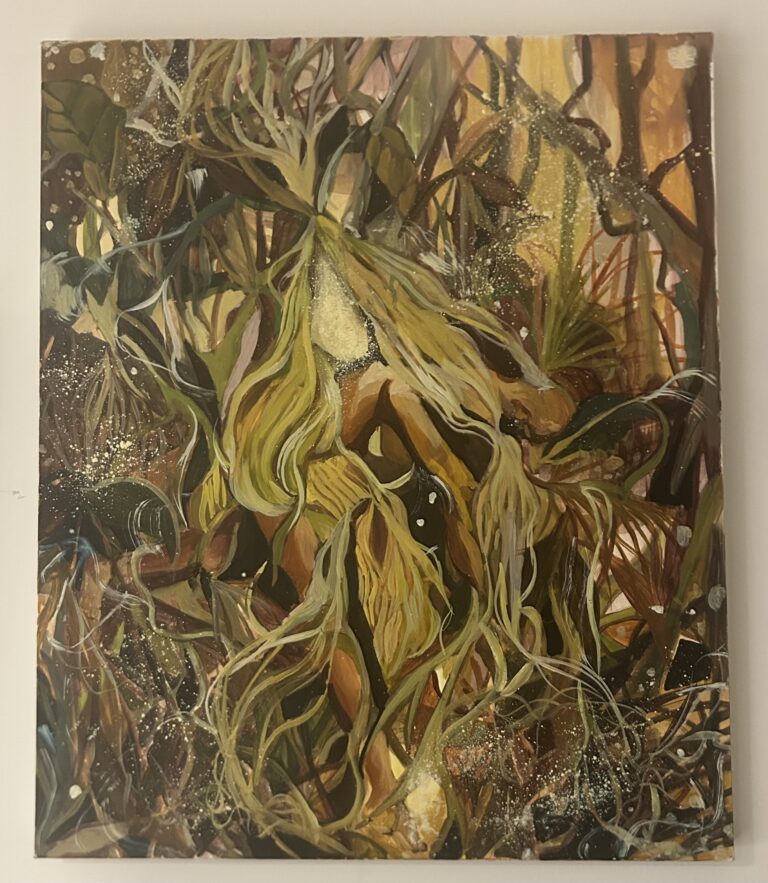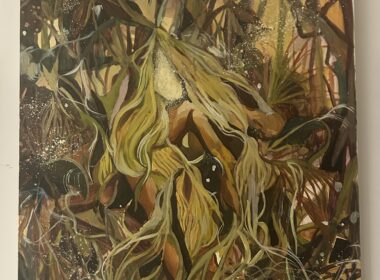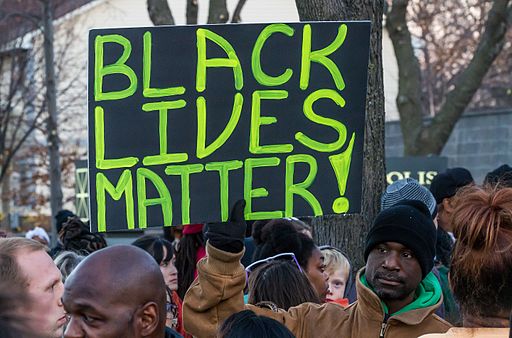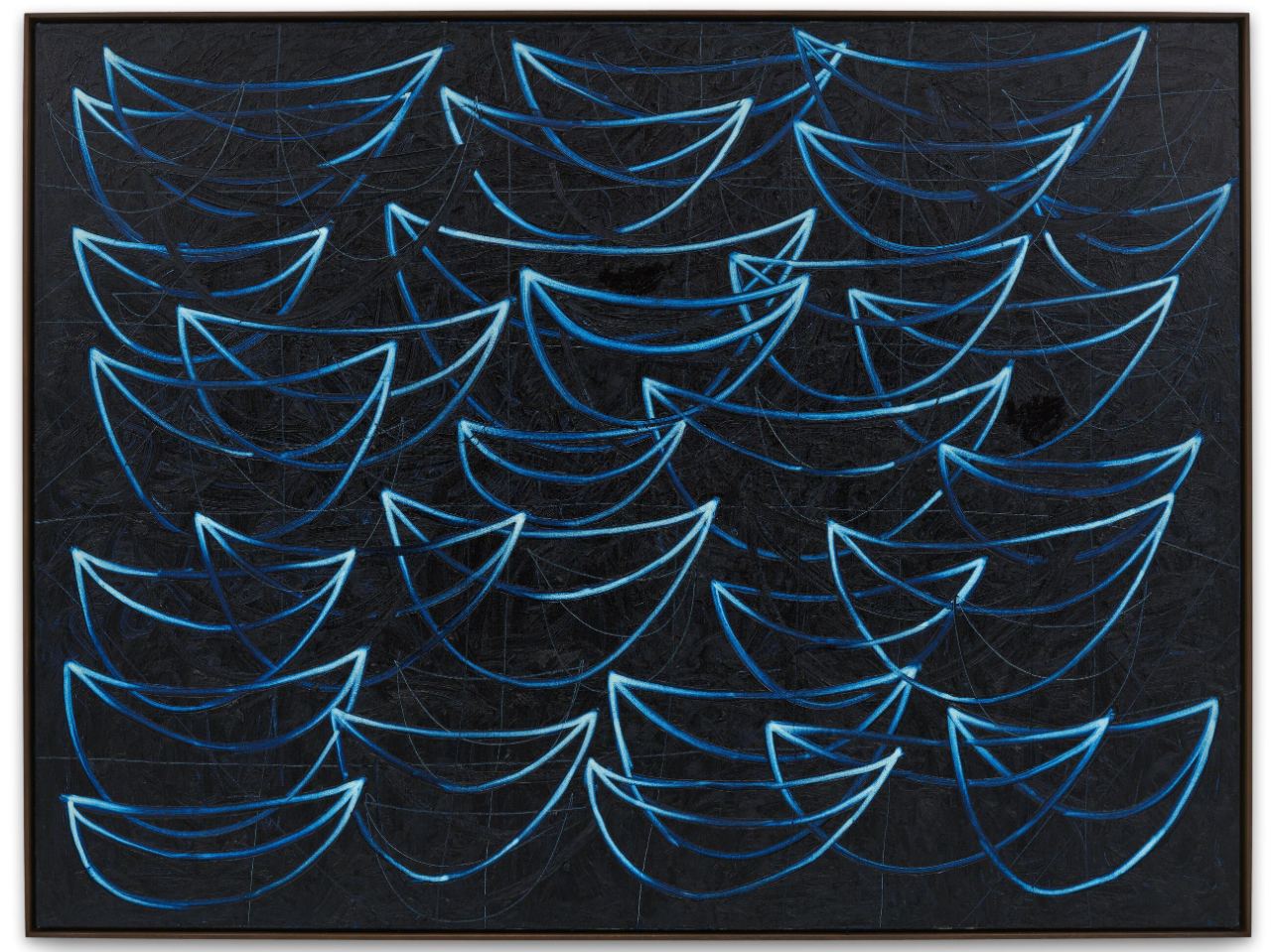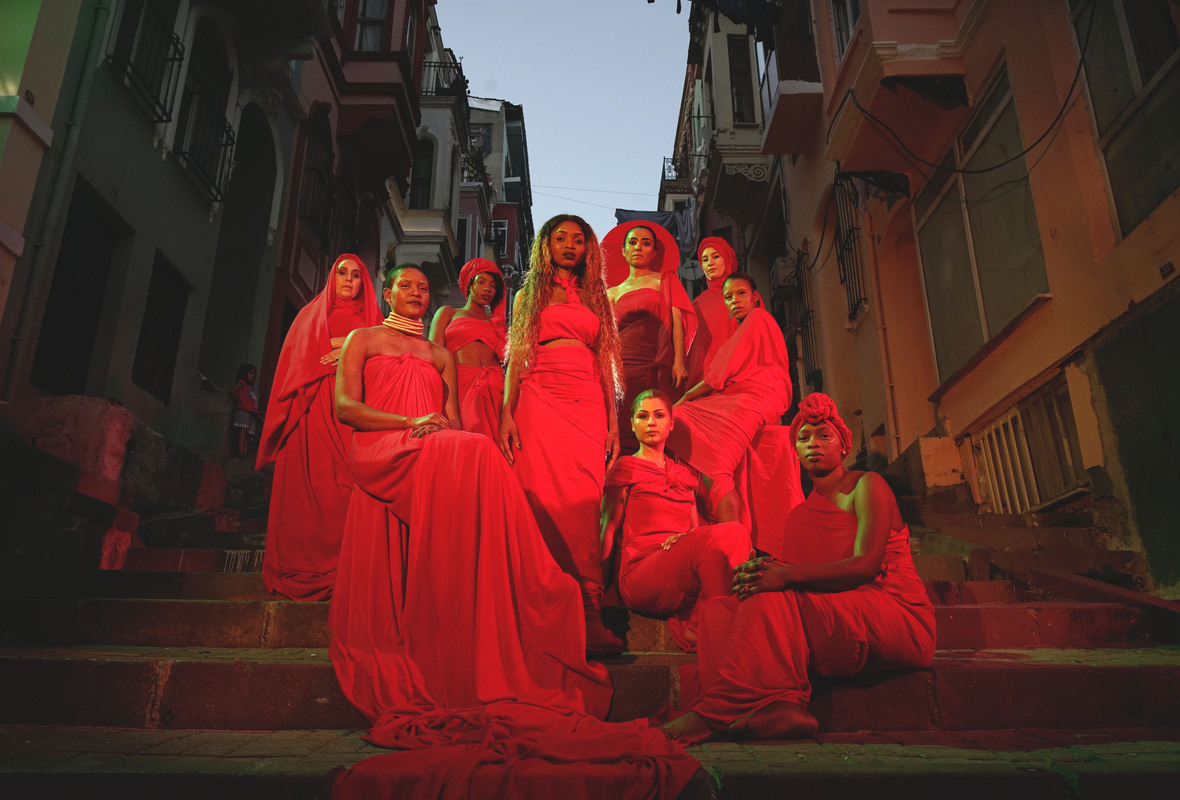By Dudley Alexis
For so many of us, people of African descent living in the United States, Black Lives Matter is less than one degree of separation.
In early March of 2012, my friend and colleague Daphne walked into the office and informed me that a boy, who attended the same school, and was in the same grade as her nephew, was dead. His killing was made worse by the fact that he had been shot and killed while walking home in the community where his father lived. His killer – known to the police – was not arrested. This young man turned out to be seventeen-year-old Trayvon Martin.
On October 18, 2015, Corey Jones’ car broke down on Interstate 95 while traveling south in Palm Beach county. He called a tow truck, but before the tow truck could arrive, a plain-clothes police officer fatally shot him. If you live in South Florida and love live music, you probably have seen Corey playing on his drums. I’ve seen him play numerous times. He was a talented musician.
About three weeks prior, on Sep 28, 2015, Junior Prosper, a taxi driver, after an all-night shift, was driving home to his wife. While exiting the highway, he lost control of his car and hit a pole. Similar to Corey Jones, while waiting for a tow truck to arrive, he was approached by a police officer, and soon after, he too was fatally shot dead by the officer.
It was Junior’s death that hit home for me. Junior Prosper was one of the first persons I met when I moved to United States. We were classmates during high school since the 9th grade. We lived in the same neighborhood. After school, we would walk home together and sometimes we would stop at some friends’ house and play video games. Just a few weeks before the incident, I gave his mother and my aunt a ride in my car.
During a vigil held for Prosper, all of us who knew him from high school would tell stories about Junior. Every now and then, these stories would be interrupted by a strange tale of an encounter with the police officer.
I, myself, had several strange encounters with the police. Once during a traffic stop, I was asked to step out of my car and to be seated on the sidewalk while they searched my car. When asked why I was being stopped, he said I ‘made a suspicious U-turn’ when I saw his police cruiser parked close by. In reality, I did not see the police cruiser and needed to make a U-turn because I passed where I was going.
A few years ago, while I was jogging in my neighborhood, an officer stopped me. He said someone in the neighborhood had called the police and there had been a lot of break-ins in the area. He asked me if I lived in the area and to show my ID. I told him I did not carry my ID with me while I’m jogging. He threatened to arrest me if I could not prove to him I was from the neighborhood. So I gave him my social security number to pull up my license in other to prevent myself from being arrested. At the time, I lived in North Miami Beach, a city which recently discovered some of their police officers were using mug shots of young black youth as target practice.
Among my friends – mainly black males these stories are not uncommon. While we were telling each other these stories, we saw ourselves as survivors. For so many others, the outcomes are deadly. Should we be accepting this abnormality as normal behavior? In a society where we pay the police to protect and serve our communities, why is our encounter with a police officer, a survival story? Is this the new normal for African-Americans? How is it that they (police) can avoid shooting white youths in similar situations, but somehow find their fingers on the trigger of a loaded gun to accidentally shoot and kill black males?
Before I moved to the United States, racism was a word I barely understood. After arriving here, becoming ‘black’ is a slow process we go through after learning to check a race box on almost every single application; yet, somehow they (whites) have a box for “other”. I always wonder if that box was meant for individuals not from planet earth. Soon, racism becomes a part of your everyday life. You silently begin to wonder if racism is an endemic feature of American life or an anomaly. I think that is a question every Americans should be asking themselves.
You can see subtleties of racism in the form of financial institutions, judicial process, housing and the educational system, and most importantly, the language used in every aspect of the media including, literature, cinema, advertising and news outlets describing black suspects. Strange idioms with hidden meanings are constantly being used at large, with heightened caution of being called a racist. Through their language emerged many stereotypical portraits of the African, such as the “violent and aggressive black man”, the “loud angry black woman” or black people are lazy and prone to criminality. With this stereotype come bias that influence behavior and behavior affect how policies are executed.
The policies may not be racist, but the way they are executed certainly are. A Black man is six times more likely to be incarcerated than a white man for a similar crime. Blacks represent about 10% of drug users, although they are less likely to seek the services of rehabilitation facilities like https://www.aristarecovery.com/, but represent more than one of those arrested for drug offenses. Today, 60% of those imprisoned are minorities. Most states spend more money on each person in the correctional system than the educational system. And with a felony conviction, it makes it hard to find a job plus the right to vote is taken away. That is one of the many realities of the “African Experience”, and the reason why getting a lawyer from somewhere like this criminal defense law firm in Jonesboro on the side of someone who has been accused of a crime is so vital, as they will do all in their power to prove that their client is not guilty of the charges so that they are able to carry on with their life.
The Black Lives Matter movement isn’t just about police brutality and their response to black youth – if it was just about police brutality, it could have been resolved in 1991 with the Rodney King riots. Soon after the Rodney King Riots, changes were promised to improve relations between the police and the black community. However, the pattern did continue and the cellphone made it easier to capture these moments. They are symptomatic of the inherent systemic racism that exist in America. You can’t fix a problem by just suppressing a symptom. If you have a leak under your kitchen sink, you can place a bucket underneath to capture the water and instantly avoid the water getting on your kitchen floor. You didn’t solve the plumbing problem, because you still have a leak. Eventually, the bucket will overflow and you will then be forced to deal with the real reason you have a leak.
Being black in America creates a shared experience. It doesn’t matter where you came from. It does not matter your “professional” standing – just ask Professor Henry Louis Gates. When you are black, and you are in the United States, you become part of the “African American experience”. The sooner you realize that fact, the quicker you can understand your environment, and easily navigate your way around. You are not guaranteed safety, but you know you stand a 50/50 chance of being shot by a police officer. Nigerian author Chimamanda Ngozi Adichie’s novel Americana, which is very much inspired by her time living in the United States and the racism she has experienced, says it best:-
“Dear Non-American Black, when you make the choice to come to America, you become black. Stop arguing. Stop saying I’m Jamaican or I’m Ghanaian. America doesn’t care. So what if you weren’t black in your country? You’re in America now.” – Chimamanda Ngozi Adichie
What is happening now is not new. It just has a new face in the 21st century. I can recall, as a child growing up in Haiti, the story of Abner Louima, a Haitian emigrate living in New York on August 9, 1997, when he was brutally beaten and sodomized with a police club. And on February 1999, Amadou Diallo, an immigrant from Guinea was shot 41 times outside of his apartment.
Living in America as somebody of African decent, we must try our best to understand the history and the legacy of the Africans in this country. Their story and struggle intertwine with yours, and it is almost inescapable to see how it affects you.
Dudley Alexis is a graphic designer, artist and film maker based in Miami, Florida. He is a former advertising executive with extensive experience in branding, web design, social media marketing and market campaign development. His latest project “Liberty in a Soup” is touring U.S. this fall.
